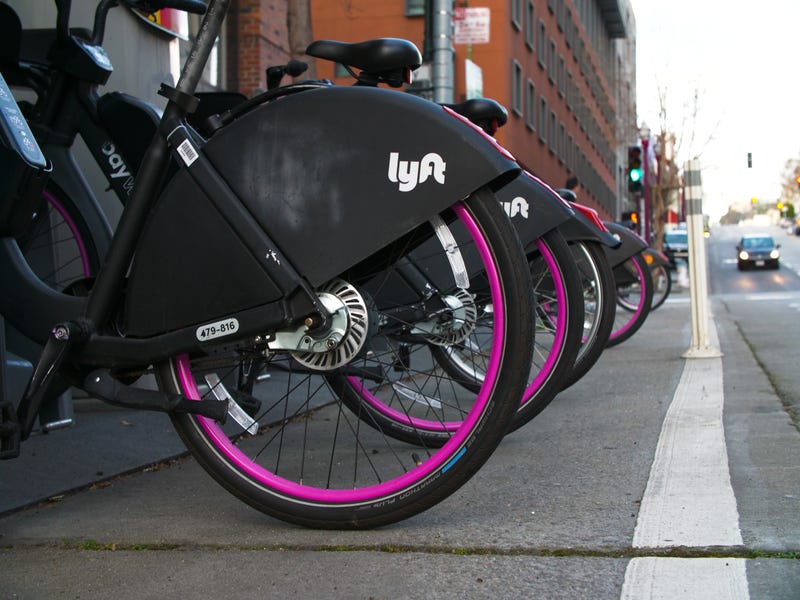San Francisco might create its own bike share program instead of relying on Lyft, according to a new report by the city's Budget and Legislative Analyst's Office.
According to the report, commissioned by Supervisor Dean Preston, it would cost the city $13.3 million a year if the city set up a program run by a non-profit, similar to a model in Montreal, or $18.2 million annually if the city operated the program on its own.

Lyft's ridership through its bike share program, Bay Wheels, began in 2018, with about 150,000 riders per month as of that October. Then Lyft deployed e-bikes at the beginning of December 2019, creating a spike in bike ridership of more than 300,000 riders per month before the pandemic hit in March 2020.
Although ridership took a hit in the pandemic, riders have been going up steadily in recent months, according to the report.

The report proposed three options for the city to take over the program: Keep the current agreement between the city and Lyft, have the city take over the entire program and possibly outsource operational responsibilities to a nonprofit, or have the city control all the physical assets of program, like the bikes, and outsource the operational responsibilities to a private contractor.
While considering the options, other factors need to be taken into consideration as well, the report stated.
Some factors included reducing traffic congestion in the city and enhancing public transportation. "The Board of Supervisors could also consider: (a) whether the goal in increasing bicycling is to reduce driving; (b) the extent to which more protected bike lanes would be needed; and (c) policies to increase bicycling among populations that are not currently frequent users," the report said.
While many cities in the United States have bike sharing programs, few have adopted the potential city-managed model outlined in the report. Montreal's program has the city owning physical elements of the program, like the bikes themselves, and has its operations run by a nonprofit.
In Boston, Toronto, and Washington D.C., the cities own the physical elements but outsource to a private contractor for operational responsibilities.
But it could take years for the city to begin running its own program, the current agreement with Lyft doesn't expire until 2027.

